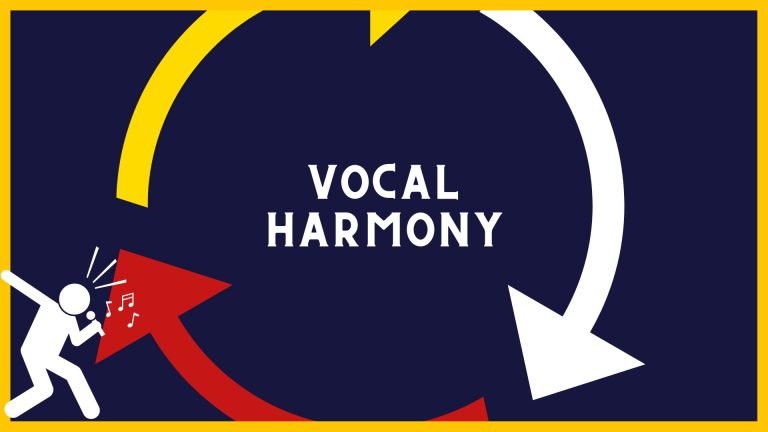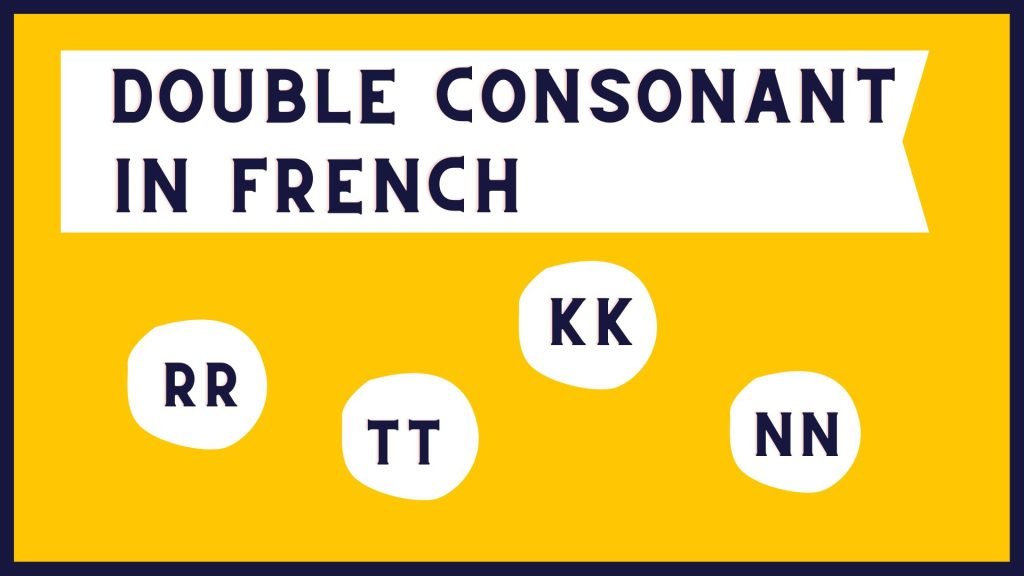Vocal harmony: The guide
Updated: 6 March, 2024 by Mylene in Phonetic ▪

According to the rules of pronunciation (known as the “loi de position”), a vowel in an open syllable is normally closed. However, certain vowels can become open due to various factors such as vowel harmonization (or vowel harmony). When a vowel harmonization occurs, it alters the sound of that vowel. Similarly, an open vowel can also close under the influence of these factors.
In this article, I invite you to discover the concept of vowel harmonization and discover which sounds can be altered by it:
Rule on vowel harmonization
Vocal harmony refers to the phenomenon where vowels of medium aperture, typically found in the initial or middle position of a word, produce an open sound. Aperture means “opening of the mouth.”
Vowel harmonization only applies to pairs:
- [e] / [ɛ],
- [ø] / [œ],
- [o] / [ɔ].
Examples :
- aurore can be pronounced [o ʁɔʁ] with a closed o or [ɔ ʁɔʁ] with an open o;
- Pôle nord can be pronounced [pol nɔʁ] with a closed o or [pɔl nɔʁ] with an open o;
- réveil can be pronounced [ʁe vɛj] with a closed e or [ʁɛ vɛj] with an open ɛ;
- arrêter can be pronounced [a ʁe te] with a closed e or [a ʁɛ te] with an open ɛ;
- neiger can be pronounced [ne ʒe]with a closed e or [nɛ ʒe] with an open ɛ;
- des heures can be pronounced [de zœʁ] with a closed e or [dɛ zœʁ] with an open ɛ;
- deux heures can be pronounced [dø zœʁ] with a closed ø or [dœ zœʁ]with an open œ.
| Word | Closed Pronunciation | Opened Pronunciation |
|---|---|---|
| aurore | [o ʁɔʁ] | [ɔ ʁɔʁ] |
| Pôle nord | [pol nɔʁ] | [pɔl nɔʁ] |
| réveil | [ʁe vɛj] | [ʁɛ vɛj] |
| arrêter | [a ʁe te] | [a ʁɛ te] |
| neiger | [ne ʒe] | [nɛ ʒe] |
| des heures | [de zœʁ] | [dɛ zœʁ] |
| deux heures | [dø zœʁ] | [dœ zœʁ] |
In dictionaries, you will find open vowels written, for example:
- aurore is transcribed [ɔ ʁɔʁ], however the 2 sounds [ɔ] are not identical. The first is much more closed.
Influence of liquids
In front of liquid consonants (sound [ʁ] and sound [l]) the vowels tend to open.
Here are some examples:
- joli : O is located in front of the liquid consonant [l] while O is more open. The word “joli” is pronounced [ʒɔ li].
- fleurir : EU is located in front of the liquid consonant [ʁ] so EU is more open. The word “fleurir” is pronounced [flœ ʁiʁ]
Prefixes
In prefixes, we tend to maintain the most frequent aperture. Examples:
- Bio: biosphere pronounced [bjosfɛʁ] or [biosfɛʁ] ;
- Auto: tends to be pronounced always [oto], even in closed syllables: autostop [otostɔp], autochthonous [otokton] ;
- Pre: pronounced with a [e] closed [pʁeskolɛʁ].
Maximizing Your French Pronunciation
Throughout this post, we have explored the concept of vowel harmonization in French pronunciation. We’ve examined the rules that govern the phonetics and provided examples of how it can affect the sounds of vowels in different word positions. As a student of French, understanding these complexities can greatly improve your pronunciation and enhance your communication skills in the language. With a more refined approach to French pronunciation, at any level – whether you’re just starting out or already advanced – you can open up new doors for language growth and cultural exploration.
To take your French pronunciation to the next level, I invite you to join a personalized learning session. I’ll provide individual guidance and support to help you overcome any pronunciation challenges and achieve your language-learning goals. Don’t let difficulties in pronunciation hold you back from fully immersing yourself in the beauty of the French language – book your session today and unlock your full potential as a language learner!

